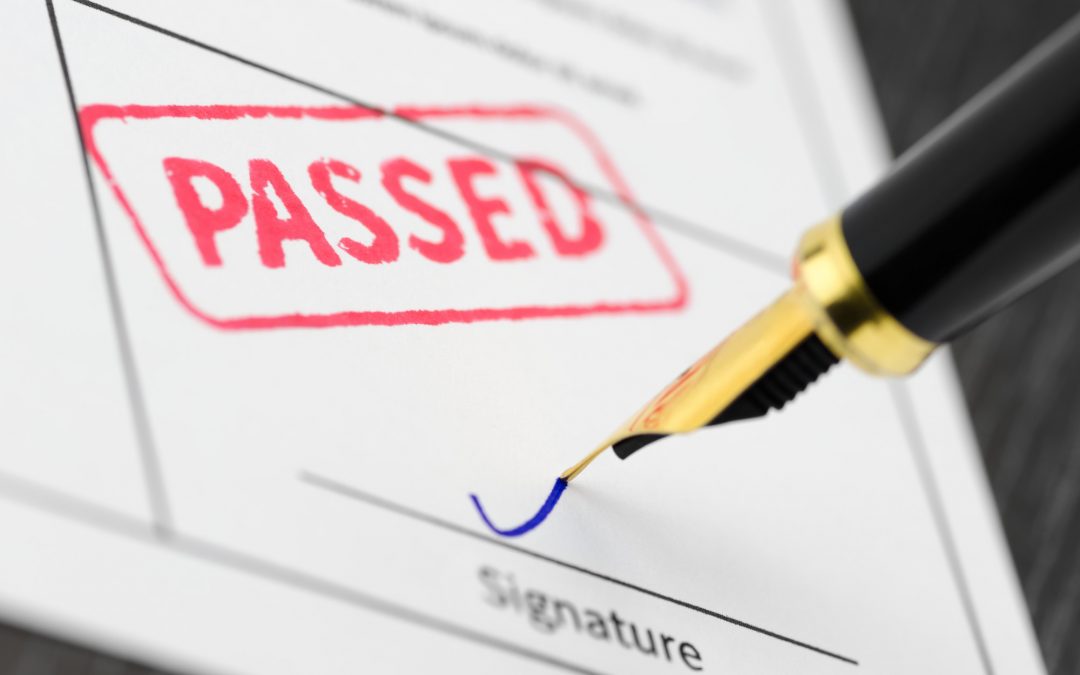Before you buy or sell your home, are you sure you know everything about its condition?
A common reason for homebuying remorse is buyers over or underestimating the necessary repairs needed for the home. This can be avoided if you set up a home inspection before purchase.
It’s helpful to know how the home inspection process works, along with what you can do beforehand to ensure the inspection goes smoothly.
Keep reading for our ultimate guide to getting your home ready for inspection. With some advance preparation, your home inspection will go perfectly.
Clean Thoroughly Before the Home Inspection Process
When preparing for your home inspection day, the first step is to make sure your home is as clean as possible. The home inspector needs to be able to see as much of the home as they can, so make it as easy as possible by keeping the house tidy.
Move boxes out of the basement, throw away clutter, and clean out the garage so all of the drywall and fixtures are visible.
It might be easier to schedule the inspection after you’ve moved out the furniture, but if not, just make sure the inspector can easily access all of the home, including the attic and basement.
Tidy the Lawn
The home inspector will check out not only the interior of your home, but also the outside. Make sure you’re aware of exactly where the perimeters of your property end and begin, so they know where they should be inspecting.
They will also need access to your deck, patio, and your HVAC unit. To help prepare, trim any tall branches or trees that might be blocking access to any part of the home’s exterior.
If there are any areas of the lawn you’re concerned with, such as ground that might be sagging or areas where grass doesn’t grow, make a mental note so you can point them out on the day.
Replace Any Light Bulbs
Go through your home, including the basement, and replace any light bulbs that are no longer working.
Why? Your home inspector will check all of your light switches. If any aren’t working, they may not immediately know if this is due to an electrical failure or a dead lightbulb.
Save them the guesswork by eliminating any old lightbulbs. If you notice a light still isn’t working after you replace the bulb, let the home inspector know.
Or, if you have any concerns about flickering lights, faulty power outlets, or if your home has previously had problems with its electrical system, let the home inspector know.
Allow for Easy Access to All Areas of the Home
A home inspector will need access to all parts of your home, including crawl spaces, the attic and basement, under your deck or patio, and into the garage.
The inspector will also need access to your plumbing system, hot water heater, air conditioning unit, and electricity meter.
Make sure all large furniture is out of their way so they can move freely. However, you may be surprised to learn that some home appliances actually are included in the inspection.
Generally, this will include your dishwasher, range, and garbage disposal.
Check for Leaks or Slow Drains
Take time to inspect your bathrooms, kitchen drains, and pipes before the inspection. Are sinks and baths draining easily? Have you noticed any leaks when running water or flushing the toilets?
If anything seems off, such as strange smells, low water pressure, or brown stains from water leaks— let the inspector know. You’ll probably need to call a plumber to look at those issues.
Are Toilets Working Properly?
Check the toilets in your home to see if they’re flushing properly. Not only that, but check to see if they are secure. Often, toilets can become loose over time, which is an issue to note for the home inspection.
Frequent blockages or continuous running water after flushing are also signs of a problem.
Make Notes of Any Concerns
As you’re preparing your home, write down any concerns that you’d like to let the inspector know about.
This could be peeling paint on a wall, signs of mold, strange smells, or anything unusual that you’ve noticed lately. Remember to consider not only the house itself, but any exterior structures like a sewage system, oil tank, or the backyard deck.
While they might be nothing, it’s worth letting the inspector know, just in case.
Once the inspection starts, it’s easy to forget what you wanted to say, so make notes to ensure all of your major concerns are addressed.
Take the Kids and Pets out for the Day
During the inspection, it can be helpful to arrange for your kids and pets to have an afternoon out. As great as they are, it will be easier to conduct the inspection if the home is quiet and free from distractions.
That way, you’ll be free to focus all of your attention on the inspection without anything else getting in the way.
Book Your Home Inspection
By preparing in advance for the home inspection process, you’ll have a better understanding of what your concerns are. Plus, you’ll also make things easier for the inspector.
A home inspection is the best way to know what’s really going with your home, so make sure to contact us to schedule an inspection before buying or selling a home.
We are experienced home inspectors based in the Northeast Ohio region. Our expert team can provide a complete inspection of your property, inside and out. We then provide you with a home report, outlining the condition of your home.
Book your inspection today to make sure you’re aware of the condition of your home, allowing you to then make any necessary repairs.
We look forward to hearing from you and helping you with all of your home inspection needs.

